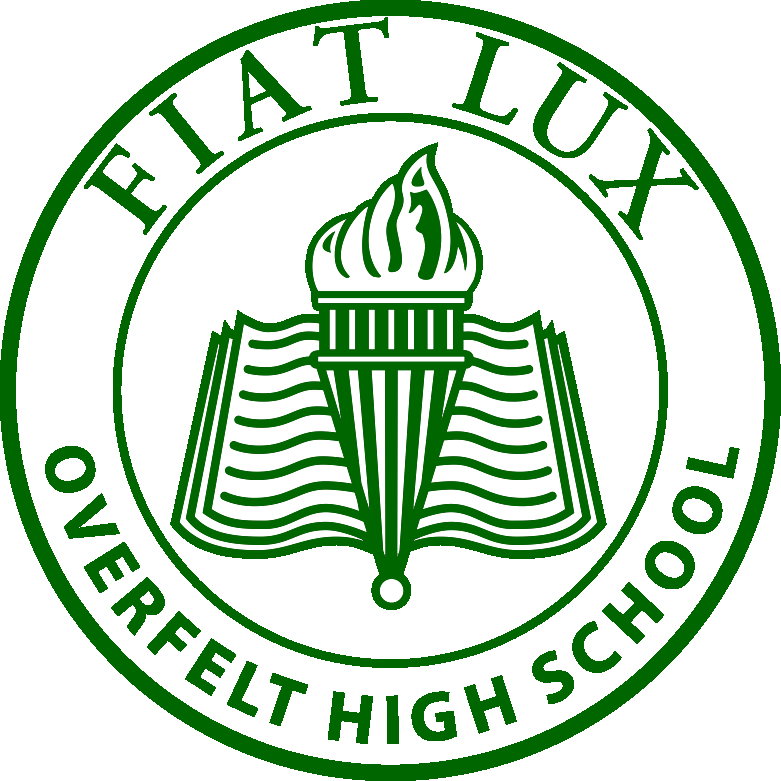
English 1 (Accelerated)

Chapter 9
Glossary of Usage

- accept: is a verb; it means “to receive.”
- except: may be either a verb or a preposition. As a verb, it means “to leave out” or “to omit.” As a preposition, except means “excluding.”

- affect: is a verb meaning “to influence.”
- effect: is a noun meaning “the result of some action.”

- ain’t: Avoid this word in speaking or writing; it is nonstandard English.

- and etc.: Etc. is an abbreviation of the Latin phrase et cetera, meaning “and other things.” Thus, and etc. means “and and other things.” Do not use and with etc.

- beside: means “by the side of” someone or something; it is always a preposition.
- besides: As a preposition it means “in addition to.” As an adverb, it means “moreover.”

- between: Use between when you are thinking of two things at a time, even though they may be part of a group consisting of more than two.
- among: Use among when you are thinking of a group of three or more.

- bring: means “to come carrying something.”
- take: means “to go carrying something.”

- could of: “Could have” sounds like “could of” when spoken. Do not erroneously write of with the helping verb could. Write could have. Also avoid ought to of, should of, would of, might of,” and must of.

- discover: means “to be the first to find, see, or learn about something that already exists.”
- invent: means “to be the first to do or make something.”

- fewer: is used with plural words.
- less: is used with singular words.

- good: is always an adjective. Never use good to modify a verb
- well: is an adverb. Use it to modify a verb.

- leave: means “to go away” or “to depart from.”
- let: means “to allow” or “to permit.”

- lie: means “to rest” or “to recline,” “to remain in a lying position.”
- lay: means “to put” or “to place (something).”

- learn: means “to acquire knowledge.”
- teach: means “to instruct” or “to show how.”

- like: is a preposition, introducing a prepositional phrase.
- as: is a conjunction, introducing a clause.

- of: Do not use after prepositions such as inside, off, outside, etc.

- rise: means “to go in an upward direction.”
- raise: means “to move something in an upward direction.”

- sit: means “to rest in an upright, sitting position.”
- set: means “to put,” “to place (something).”

- so: This word is usually overworked. Avoid using it in writing as a conjunction meaning therefore.

- than: is a conjunction used with comparison.
- then: is an adverb used in talking about time.

- when: makes a reference to time. It is rarely used in a definition.
- where: makes a reference to place. It is rarely used in a definition.

- who: refers to people only.
- which: refers to things only.
- that: refers to either people or things.

- who: is the subjective case and is used in the places where he/she would be appropriate.
- whom: is the objective case and is used in the places where him/her would be appropriate.

Aren't quite sure? Click here for the full text (with explanations and examples).